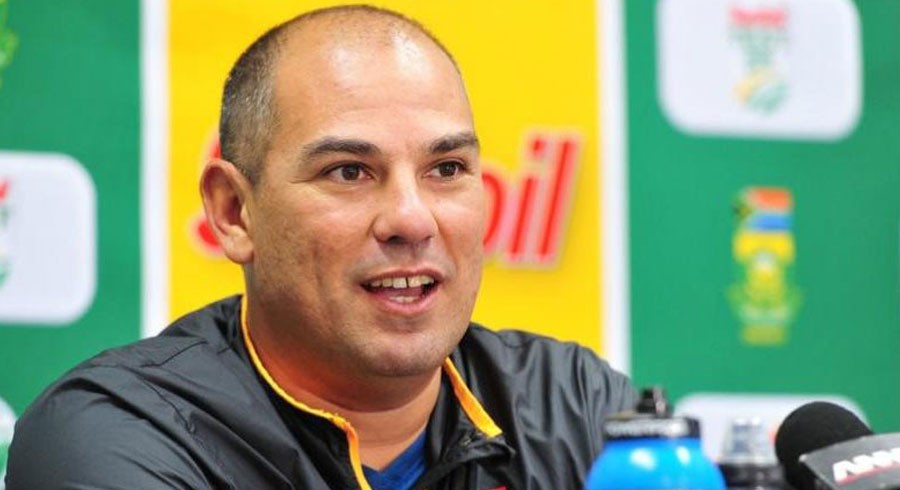Domingo accepted that the Test match was a tough assignment but backed his team to deliver a good performance
 PHOTO: AFP
PHOTO: AFP
Bangladesh’s Head Coach Russell Domingo, in a press conference on Monday, expressed confidence at his side’s ability to ‘push’ Pakistan in the first Test which is scheduled to be played at the Rawalpindi Cricket Stadium in Rawalpindi from February 7-11.
The head coach accepted that the Test match was a tough assignment but backed his team to deliver a good performance against the hosts.
"We know that we haven't played well in Tests, but if you are going to Pakistan thinking that we can't win, might as well stay here. I am confident that if we do things well and improve considerably from our tour to India, we can push Pakistan," Domingo was quoted as saying by Cricbuzz. "It is going to be tough; they are a quality side. But we know they can also have a bad day. We need to have a great day when they have a bad day. If that happens, we give ourselves a chance."
ALSO READ: HBL PSL5: Islamabad United’s Raees eager to team up with Steyn
The 45-year-old rued the fact that his side will not be able to gain the required preparation before the match against Pakistan.
"It is not ideal. You always want to go there at least seven or eight days before a Test match. Play a warm-up game, have a couple of days of practice. It is not great preparation for us, but there's nothing we can do about it. The guys will practice and play here. We will reach there on Wednesday morning, practice Thursday and play on Friday. So it is not good [preparation]," he said.
Domingo believed that the pace and bounce offered by the pitch in Rawalpindi would be a challenge for the batsmen of Bangladesh.
"The wickets that they are playing here [in Bangladesh] don't have much pace and bounce, but I am sure Rawalpindi might have some pace and bounce. It is going to be a big challenge for the boys. The Test players have been working on some technical things with Neil McKenzie. Of course, some of the boys know that they have to put in some big performances on the back of a poor Test series against India. We have to show a bit more commitment with the bat, and find ways to manufacture scores even when the conditions are not good," he concluded.